The consequence of this condition is an increased risk of high blood pressure and cardiovascular disease. Eating too much salt can cause hardening of the blood vessels through the following effects:
Increased vasoconstriction
Salt is rich in sodium. When sodium levels in the blood increase, the endothelial cells in the blood vessels are damaged, reducing the ability to produce nitric oxide. This is a substance that helps dilate blood vessels. When nitric oxide decreases, blood vessels cannot expand enough, leading to chronic vasoconstriction and high blood pressure, according to the health website Healthline (USA).

Eating salty foods for a long time can easily cause hardening of blood vessels.
PHOTO: AI
Over time, this constant vasoconstriction causes the vessel walls to change, thicken, and lose their elasticity. Blood vessels act like rubber tubes that are constantly stretched, eventually becoming stiff and vulnerable.
Hormonal effects
Aldosterone is a hormone secreted by the adrenal glands that plays a role in maintaining the balance of salt and water. When you eat salty foods, your body activates mechanisms to regulate the amount of sodium in your body, including increasing aldosterone. However, when it increases too much, aldosterone begins to damage your blood vessels.
The hormone aldosterone stimulates vascular smooth muscle cells to produce collagen and degrade elastin, two proteins that determine the elasticity of the vessel walls. As a result, the vessels become thick and stiff.
The combination of salt and aldosterone
Clinical studies confirm that salt and the hormone aldosterone not only work individually but also enhance each other, leading to increased arterial stiffness. When salt is consumed in large amounts, aldosterone levels can be disturbed, leading to increased water and sodium retention and triggering chronic inflammation in the vessel wall.
Additionally, a study in the journal Frontiers in Nutrition found that people with higher levels of aldosterone in their blood tend to have higher pulse wave velocity. Pulse wave velocity occurs when the heart contracts and pushes blood into the arteries, creating a pressure wave that propagates along the vessel walls. An increase in this index means that the blood vessels are no longer elastic enough to absorb the force of the heart's pumping.
As the heart contracts, the pressure wave spreads faster and stronger, causing more damage to the vessels. The result is a vicious cycle that leads to arteriosclerosis and chronic high blood pressure, according to Healthline .
Source: https://thanhnien.vn/vi-sao-an-nhieu-muoi-lai-lam-mach-mau-chai-cung-18525110314161734.htm


![[Photo] Ca Mau "struggling" to cope with the highest tide of the year, forecast to exceed alert level 3](https://vphoto.vietnam.vn/thumb/1200x675/vietnam/resource/IMAGE/2025/11/04/1762235371445_ndo_br_trieu-cuong-2-6486-jpg.webp)

![[Photo] The road connecting Dong Nai with Ho Chi Minh City is still unfinished after 5 years of construction.](https://vphoto.vietnam.vn/thumb/1200x675/vietnam/resource/IMAGE/2025/11/04/1762241675985_ndo_br_dji-20251104104418-0635-d-resize-1295-jpg.webp)


![[Photo] Panorama of the Patriotic Emulation Congress of Nhan Dan Newspaper for the period 2025-2030](https://vphoto.vietnam.vn/thumb/1200x675/vietnam/resource/IMAGE/2025/11/04/1762252775462_ndo_br_dhthiduayeuncbaond-6125-jpg.webp)
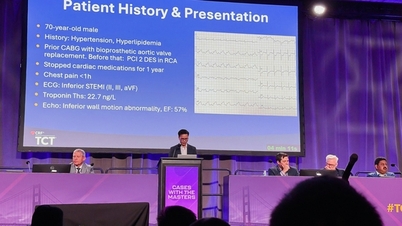


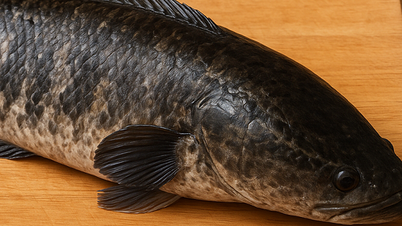



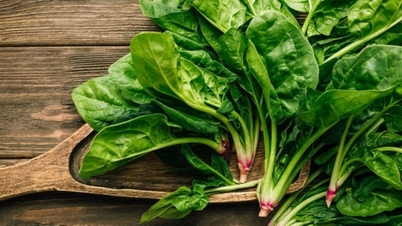

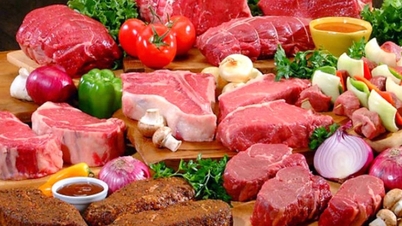

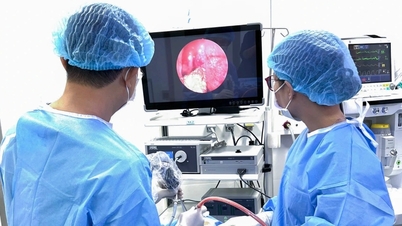






















































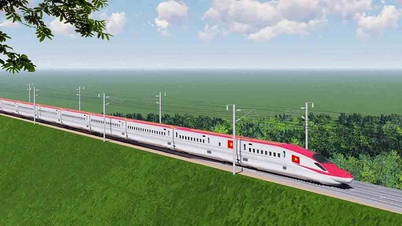
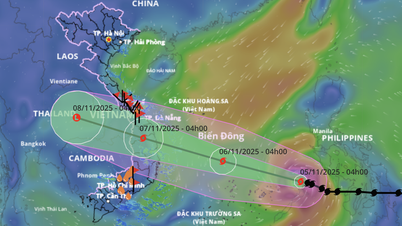










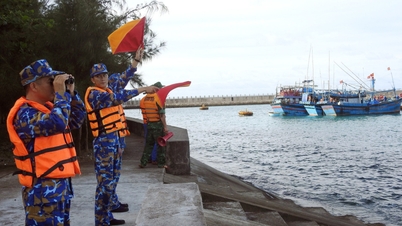






















Comment (0)